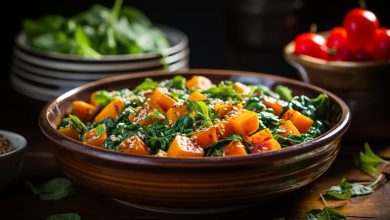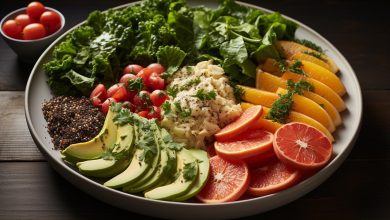Balanced Meal Ideas for Pre-Run Nutrition
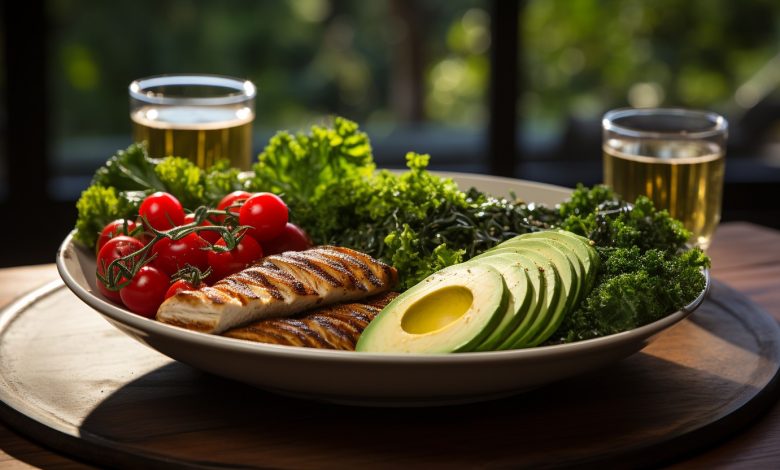
Imagine you’re lacing up your running shoes, ready to hit the pavement. But before you take off, it’s crucial to fuel your body with a balanced meal that will power you through your run.
In this article, we’ll explore some delicious and nutritious pre-run meal ideas that will provide the energy and endurance you need for optimal performance. From essential macronutrients to hydration strategies, we’ve got you covered on all fronts.
So get ready to discover the secrets of pre-run nutrition and elevate your running game.
The Importance of Pre-Run Nutrition
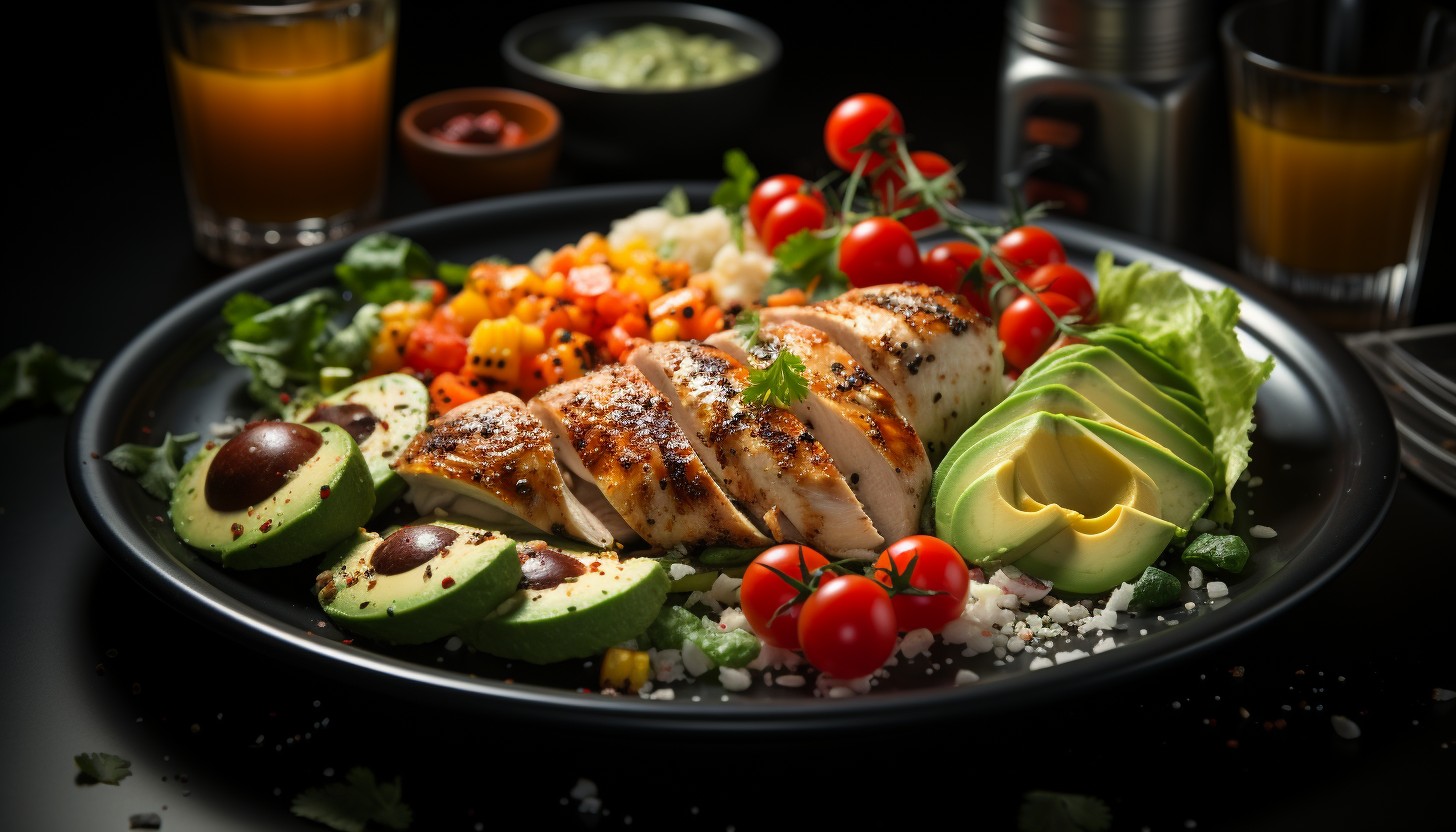
Pre-run nutrition is crucial for providing the energy needed to perform at your best. One important aspect of pre-run nutrition is meal timing. It’s important to eat a well-balanced meal about 1-3 hours before your run to allow enough time for digestion and absorption of nutrients. This will ensure that you have adequate energy stores during your run.
Carbohydrates play a key role in pre-run nutrition. They are the body’s preferred source of fuel and provide readily available energy. Including carbohydrates in your pre-run meal can help enhance performance by replenishing glycogen stores in your muscles. Good sources of carbohydrates include whole grains, fruits, vegetables, and legumes.
Studies have shown that consuming a high-carbohydrate meal before exercise can improve endurance and delay fatigue. Aim to consume around 1-4 grams of carbohydrates per kilogram of body weight in your pre-run meal. For example, if you weigh 70 kilograms, aim for approximately 70-280 grams of carbohydrates in your pre-run meal.
Essential Macronutrients for Pre-Run Fueling
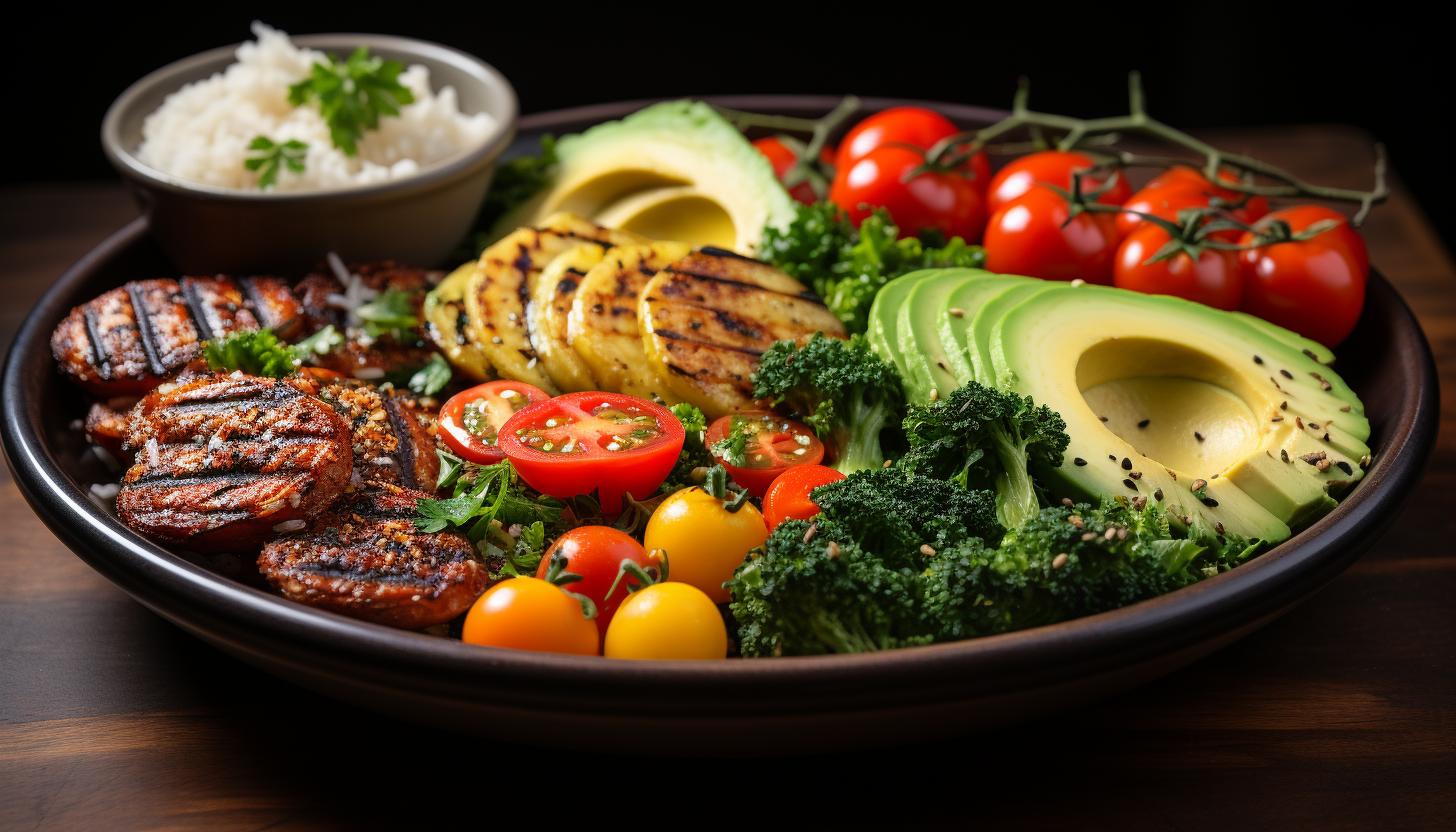
Make sure you’re getting enough carbohydrates, protein, and healthy fats to fuel your runs effectively. Pre-run fueling is crucial for providing the energy and nutrients your body needs to perform at its best. Macronutrients, specifically carbohydrates, protein, and fats, play a vital role in optimizing your running performance.
Carbohydrates: These are your body’s primary source of energy during exercise. Consuming carbs before a run helps replenish glycogen stores in your muscles and liver, improving endurance and preventing fatigue. Good sources of pre-run carbohydrates include whole grains, fruits, vegetables, and legumes.
Protein: Protein is essential for muscle repair and growth. Including a moderate amount of protein in your pre-run meal or snack can help prevent muscle breakdown during exercise. Opt for lean sources such as chicken breast, fish, tofu, or Greek yogurt.
Healthy Fats: While it’s important to limit fat intake close to your run time due to digestion concerns, incorporating healthy fats into your overall diet supports cardiovascular health and provides essential fatty acids. Examples include avocados, nuts/seeds (in moderation), olive oil, or salmon.
Hydration Strategies for Optimal Performance

Ensuring proper hydration is essential for optimizing performance during your runs. Fluid intake and electrolyte replenishment play a crucial role in maintaining hydration levels and preventing dehydration, which can negatively impact your running performance.
When it comes to fluid intake, it is important to start hydrating before your run. Aim to drink about 16-20 ounces of water or a sports drink at least 2 hours before you hit the pavement. During your run, listen to your body’s signals and drink when you feel thirsty. It’s recommended to consume around 4-8 ounces every 15-20 minutes depending on weather conditions and intensity of exercise.
In addition to water, electrolyte replenishment is also important. Electrolytes are minerals like sodium, potassium, magnesium, and calcium that help maintain fluid balance in the body. Sweating during exercise causes loss of these electrolytes, so it’s necessary to replace them through foods or sports drinks that contain electrolytes.
Sports drinks can be beneficial as they not only provide fluids but also contain carbohydrates for energy and electrolytes for rehydration. However, if you prefer natural options, try incorporating foods rich in electrolytes into your pre-run meals or snacks such as bananas (potassium), spinach (magnesium), yogurt (calcium), or coconut water (sodium).
Remember that individual hydration needs vary based on factors like body size, sweat rate, climate conditions, and duration of exercise. Pay attention to how your body feels during runs and adjust your fluid intake accordingly to ensure optimal performance and prevent dehydration.
Pre-Run Meal Ideas for Energy and Sustained Endurance
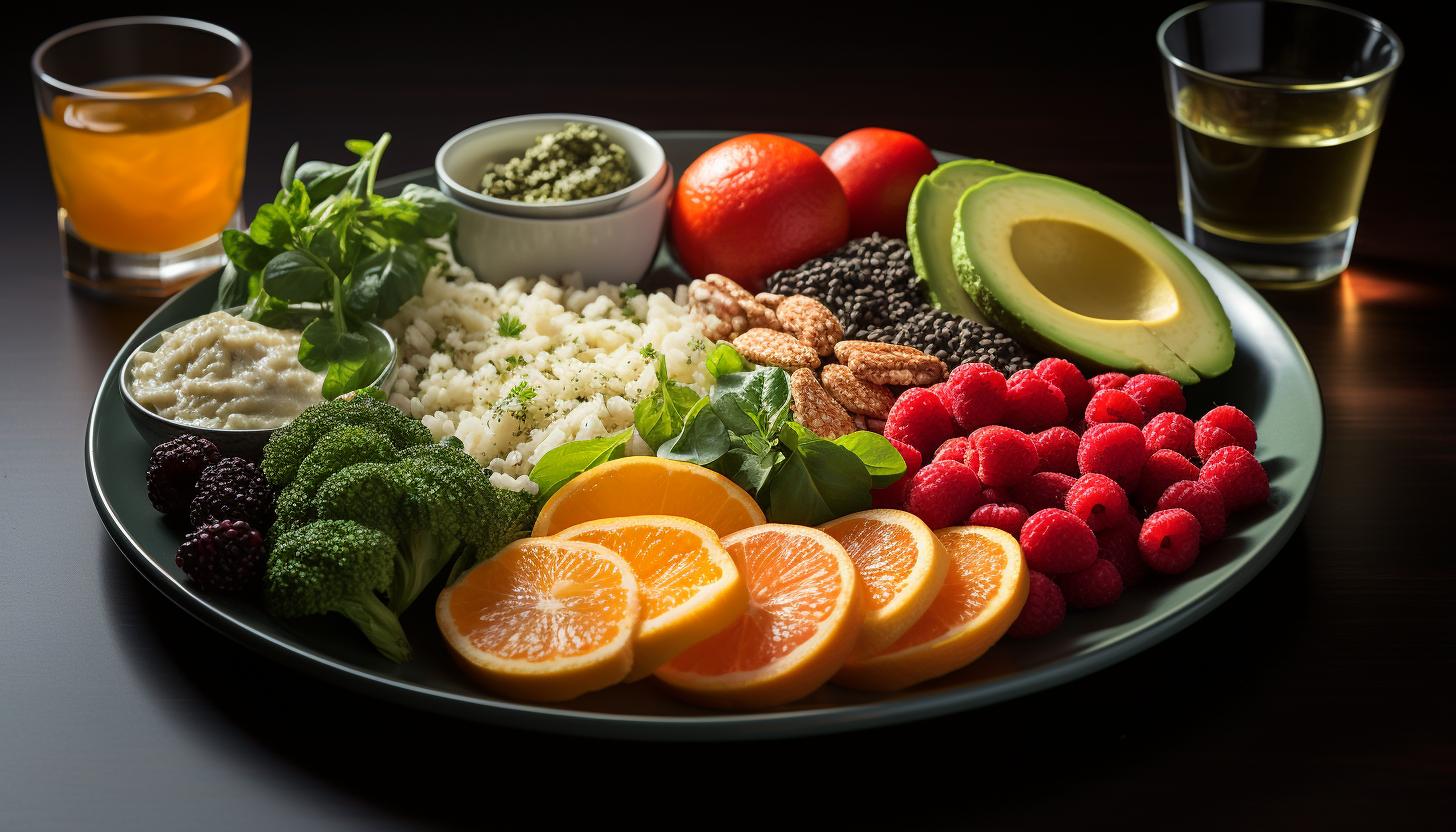
Having a nutritious meal before your run can provide you with the energy and endurance you need to perform at your best. Pre-run fueling is essential for optimizing performance and avoiding fatigue during exercise.
Here are some pre-run meal ideas that can help you fuel up effectively:
– Greek yogurt with berries and granola: This snack is packed with protein, carbohydrates, and healthy fats, providing a balanced mix of nutrients to sustain your energy levels.
– Peanut butter and banana sandwich on whole wheat bread: This classic combination offers a good balance of carbohydrates, protein, and healthy fats. The complex carbohydrates in whole wheat bread provide sustained energy while the peanut butter adds an extra boost of protein.
– Oatmeal topped with nuts and fruit: Oats are a great source of complex carbohydrates that release energy slowly throughout your run. Adding nuts provides healthy fats for long-lasting endurance, while fruits offer natural sugars for quick bursts of energy.
When planning your pre-run meals, keep these tips in mind:
1. Timing is key: Aim to eat your meal or snack about 1-2 hours before running to allow for proper digestion.
2. Focus on carbohydrate-rich foods: Carbohydrates are the primary source of fuel for endurance exercise, so include foods like whole grains, fruits, and vegetables in your pre-run meals.
3. Stay hydrated: Don’t forget to drink enough water before heading out for a run to prevent dehydration.
Timing Your Pre-Run Meal for Maximum Benefit
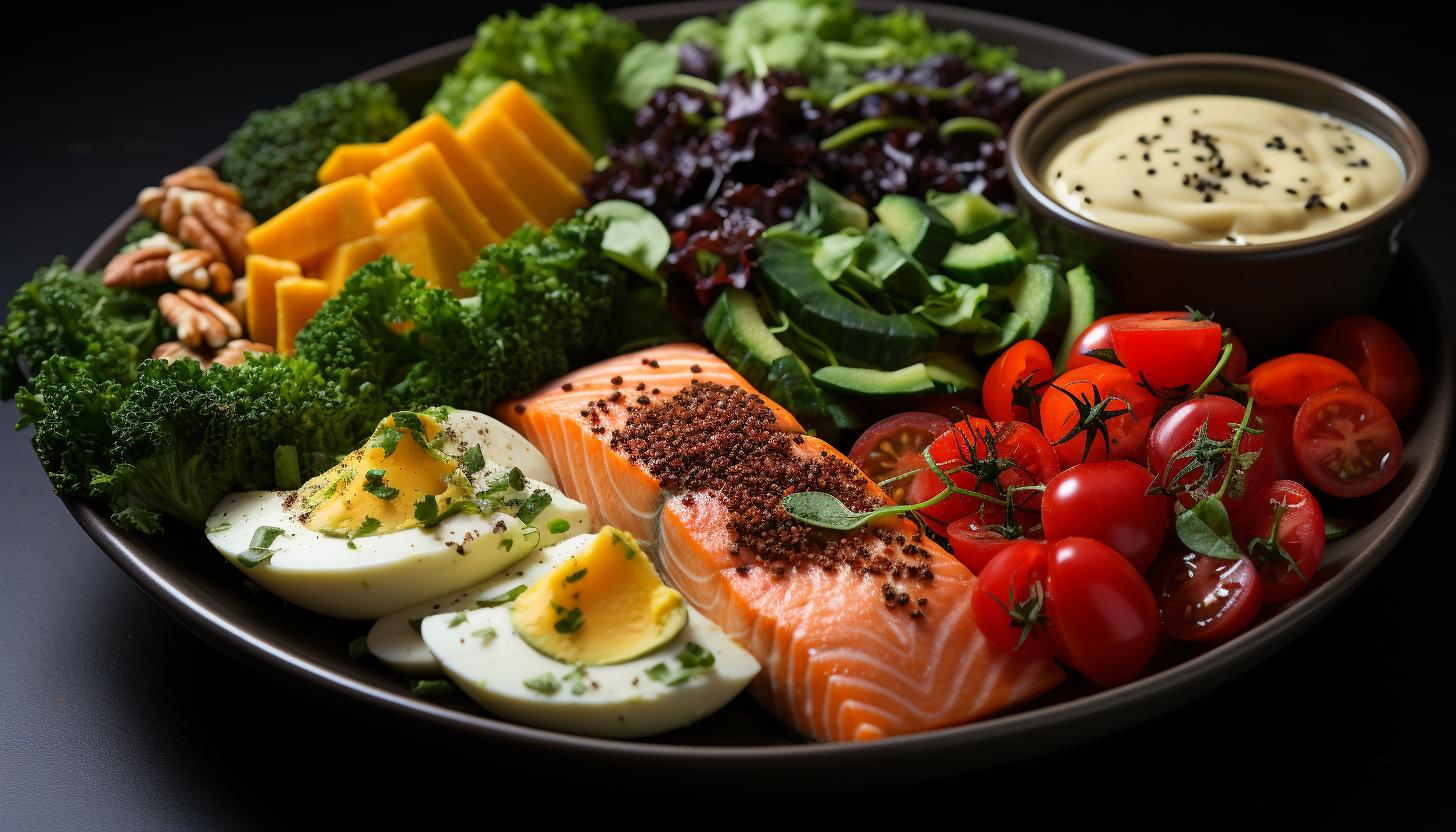
When planning your pre-run fueling, remember to time your meal or snack properly in order to maximize its benefits. Optimal timing is crucial to ensure that you have enough energy for your run without feeling sluggish or weighed down. It’s recommended to eat a balanced meal or snack about 1-3 hours before running, depending on the size and composition of the meal.
To help you understand how timing can affect your performance, here’s a table that outlines the optimal timing and meal composition for different types of runs:
| Run Duration | Optimal Timing | Meal Composition |
|---|---|---|
| Short (less than 1 hour) | 30 minutes prior | Light snack: banana, yogurt, granola |
| Moderate (1-2 hours) | 1-2 hours prior | Balanced meal: lean protein, whole grains, veggies |
| Long (more than 2 hours) | 2-3 hours prior | Balanced meal with slightly higher carbohydrate content |
Conclusion
So there you have it, my friend! By now, you’re well aware of the importance of fueling up before your run.
Remember, your body is like a well-oiled machine that needs the right kind of fuel to perform at its best. Make sure to include a balanced mix of carbohydrates, protein, and healthy fats in your pre-run meal.
Don’t forget to hydrate properly as well! Timing is key, so aim to eat your meal about 1-2 hours before hitting the pavement.
Now go out there and conquer those miles with a full tank!

